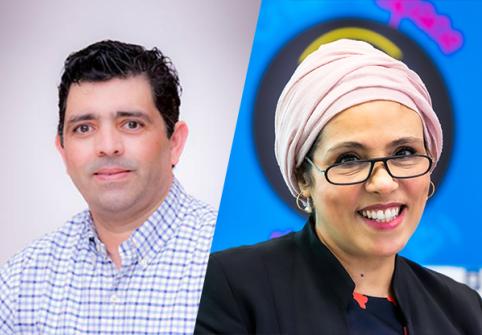Innovation HBKU’s Qatar Biomedical Research Institute Participates in Virtual Diabetes Symposium
Members of the Qatar Biomedical Research Institute (QBRI) at Hamad Bin Khalifa University (HBKU) will participate in a virtual symposium organized by the European Association for the Study of Diabetes (EASD).
Taking place from 5-6 pm (Doha time) on September 23, the Reactive Metabolites Study Group (RMSG) Symposium will consider the use of mathematical metabolic modeling for the intrinsic prediction of the risk of developing insulin resistance and diabetic vascular complications. The symposium will be co-organized and chaired by Dr. Paul J. Thornalley, Director of the Diabetes Research Center at QBRI. Additional QBRI contributions will come from Dr. Alberto de la Fuente, Postdoctoral Researcher at QBRI, who will present his research into the mathematical modeling of metabolic dysfunction associated with vascular complications of diabetes.
The Reactive Metabolites Study Group (RMSG) Symposium forms part of the EASD’s 56th Annual Meeting. Taking place September 21 – 25, the meeting will highlight the latest results in diabetes and related research. The virtual event is expected to attract over 10,000 participants from the global medical community. Details about the event can be found at www.easd.org
QBRI houses state of the art research facilities focusing on research related to diabetes, cancer and neurological disorders. For more information about QBRI and its research centers, please visit qbri.hbku.edu.qa




